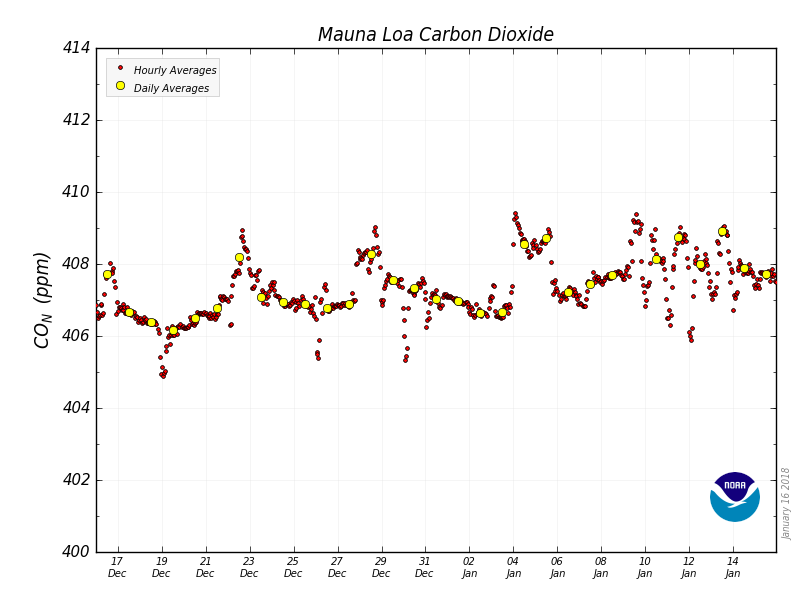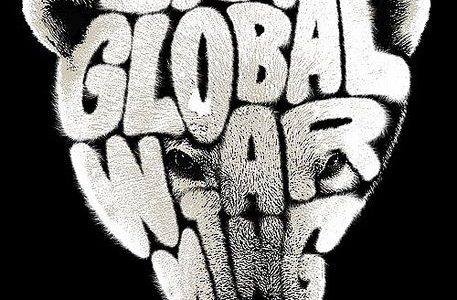By Ntanganedzeni Ramugondo
How do you take “it” easy in a world moving so fast? What do you even take? Everybody wants in but not everybody wants in. Clearly everyone has an opinion, but what we can all agree on is that we all benefit from a clean healthy low carbon concentration world. This is a story about climate change, whose fault it is and who should be doing something about it. This story is said to have begun after the industrial revolution but knows no end. Some say “there is no story at all here” (as if trying to get rid of an annoying journalist), they opine that it’s all natural and someday things will be okay again. But does this imply that we stop acting and wait for things to be okay again?
Arguments about who’s right, who’s wrong and who should be fixing it are still ongoing. Should our differences take priority over a common problem that affects us all and brings us together? Will we be dealing with and planning around the impacts of climate change for the rest of our life-time? What are the chances that our great grandchildren will live in a low carbon concentration world if we start reducing our emissions today right after reading this? But I thought that’s what we’ve been doing all this time, oh wait has someone been cheating? So many questions? The uncertainty is almost palpable. And for the record, scientific uncertainty will always exist. It’s not easy to embrace it and move forward with our ambitious plans as a race. The complexity of the physical climate system makes it extremely difficult to separate change from variability. When dealing with so much uncertainty there is no time for a tug of war between reasoning and faith. Faith being: “Things will be okay one day”, Reasoning being: “Let’s get together and talk about this before we all get wiped out, let’s devise strategies to see us through our lifetime as a human race. While we are seated here arguing about the contents of a graph, I wouldn’t be surprised if there’s a hurricane next door! Someone should pat scientists on the back for bravery, through deficit, deep, complexity uncertainty and critics they still get most predictions right and the rest is in the open. We see and feel it for ourselves.
Let me bore you with facts and stats you already know
In the past 100 years, the average global temperatures have risen by about 0.74 °C and could increase by between 1.4 and 5.8 °C by the year 2100. This is insane, if indeed it becomes this hot, at the end of the day we will have to peel our clothes off our bodies. 14 of the last 16 years have gone down in history records as the hottest years. The National Oceanic and Atmospheric Administration (NOAA) daily carbon dioxide concentration estimates show that the carbon dioxide concentration as of 10 January 2018 is 408.13 ppm. Glaciers are melting at a faster rate than before, it is estimated that since 1980, the glaciers have thinned by 10 meters on average.
Sea levels will rise by about 20-90 cm globally by the end of this century. As if the increase in global temperature, frequency of drought occurrence and the proliferation of disease were not enough: Food systems in East Africa are under stress and more than 2.9 Million people are facing hunger with 3.2 Million people in urgent need of water. Irrespective of some African countries’ tendency of playing the victim, Africa is highly vulnerable to climate change impacts and some of the most vulnerable communities are incapacitated to deal with extreme events. In this case it’s not that indigenous knowledge has lost its value but rather that weather events have become more and more extreme and thus the adaptation strategies used in the past cannot really help much. 
Daily carbon dioxide concentration in the air (ppm) Source: NOAA.
Global Surface Temperature data (NASA,2017)
We should be worried, we should be doing something. For those already doing something,we should be doing it better!
Who should be doing something about this?
Me? I wrote a blog (*relieved), point a finger at someone else! As a collective, are we framing our messages with the right degree/sense of urgency? Banks? Are banks playing their role in funding and supporting the transition to a low carbon economy? Commercial banks are in a good position to play vital roles that influence climate change mitigation in one way or another. They are the advisers, financiers and lenders. Secondly, banks can influence other corporate actors’ business practices and Greenhouse Gas emissions through their roles as creditors, investors, advisers and heads of supply chains (Bowman, 2017). Politicians? Why not? Question is, who’s brave enough to be the middleman between the scientist and the policy maker? Again I ask, how long should our differences take priority over a “common enemy”? The answer is: as a race that is self-conscious and slowly ascending to cosmic consciousness we should all be doing something about climate change because we are all affected in one way or another and besides,its our baby: We causing it. It has become more about who is wrong or right than how we deal with what we are facing. Climate scientists don’t need to explain any further, we see the changes, we feel the changes. I feel we should evolve from “Is climate change real” to how do we then deal with the extreme events we are faced with. If you don’t believe that climate change is real at least take the initiative to solve some of the problems we are faced with.
I couldn’t have said it better than Christiana Figueres: “Numbers and data are helpful but it’s only a proxy of what it’s really about-quality of life-and there’s an overlap here with those who have the least responsibility”.
“You don’t believe the scientist but you know a drought ain’t cool at all, that should trigger you to take action”.


andrew senior
Life knows only one curve: steep or shallow the end is the same. Entropy never ceases. Life cannot determine beforehand the measure of the fight. It is all or nothing.